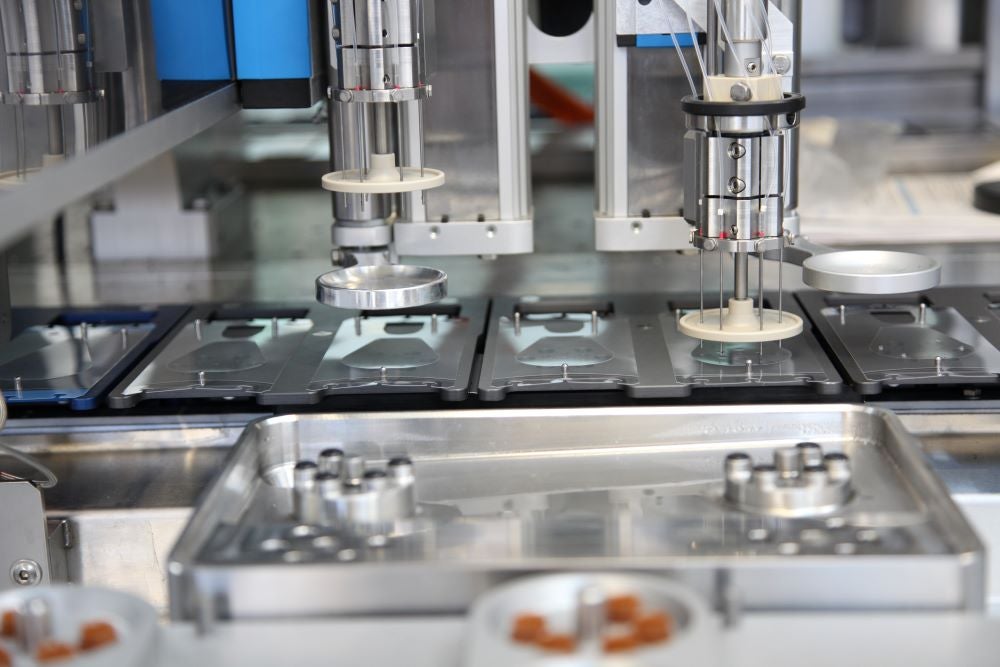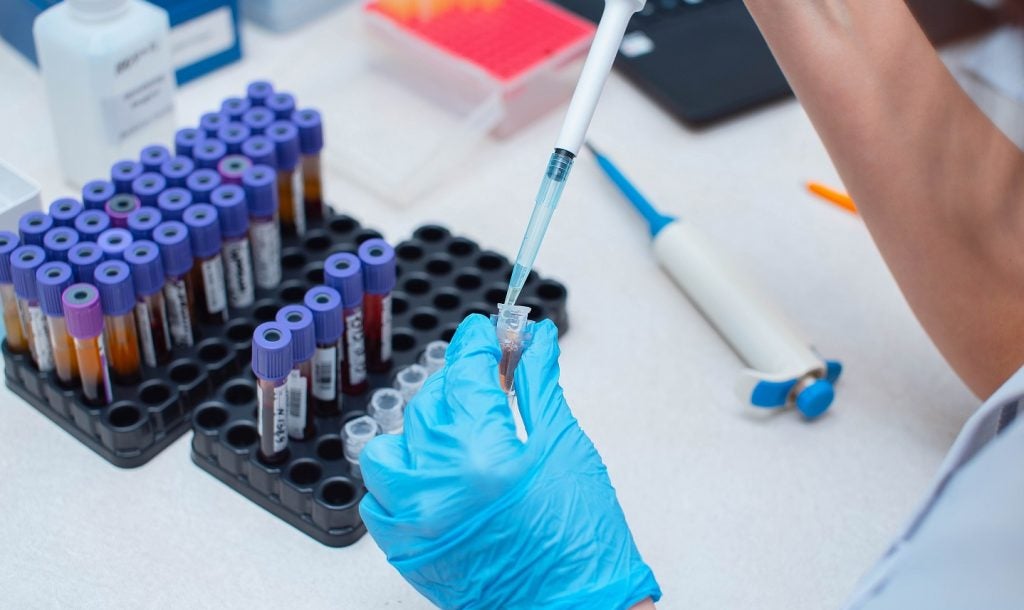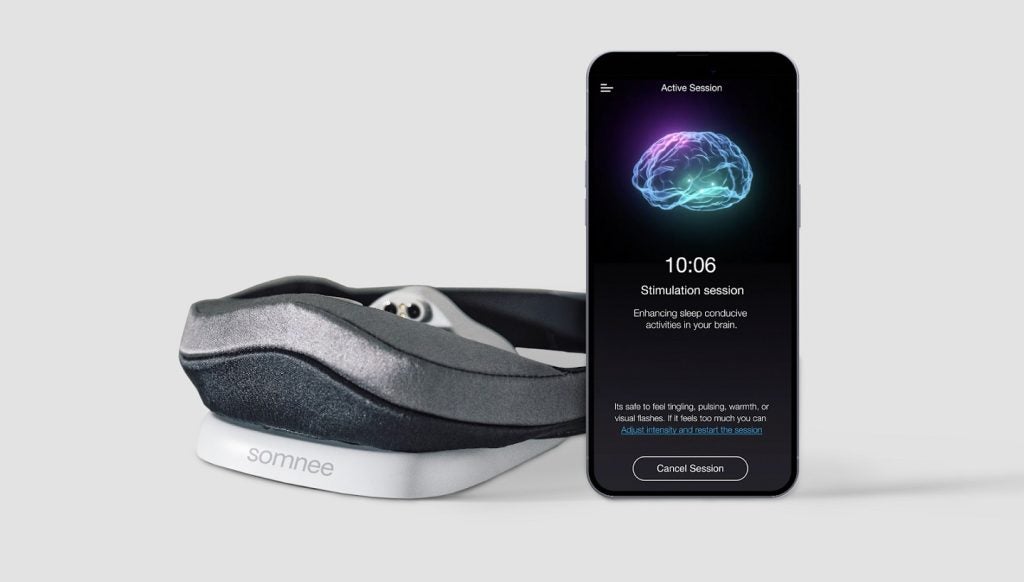Brixton Biosciences has raised $33m to further develop Neural Ice, its pain management platform for osteoarthritis.
Neural Ice physically induces a process called Wallerian degeneration when injected into targeted nerves in the knee, resulting in temporary nerve desensitisation to treat pain associated with osteoarthritis.
The conclusion of the Series B funding round follows Brixton receiving Breakthrough Device designation for its platform from the US Food and Drug Administration (FDA) last year. It achieved the designation after concluding its first-in-human study of Neural Ice, which recorded a 94% response rate in 16 patients with severe osteoarthritis of the knee.
In embarking on further clinical studies, the company’s goal is to deliver an injectable nerve block that lasts for several months.
Brixton’s CEO Sameer Sabir told Medical Device Network: “One of our big objectives is to break down the silos between the treatment of acute and chronic pain.
“Right now, they’re handled very differently in practice, and our belief is that by developing a product that is a single shot that can last for several months, that addresses acute pain in many contexts, and also chronic pain.”
The company plans to initiate two large, randomised control studies in knee indications: one in patients who have chronic osteoarthritis of the knee, and the second in patients who are undergoing total knee replacement.
Sabir continued: “We picked the knee for a number of reasons, chief among them being it’s a big need and a good starting point. Our goal is to then go to the shoulder and do the same thing there.
“Ultimately, our goal is a label for musculoskeletal pain.”
Brixton’s new CMO Dr Michael Fishman will drive clinical development and manage the expansion strategy beyond the team’s initial indication.
Fishman commented: “Brixton’s objective to offer targeted and long-lasting pain control for months at a time with a well-understood mechanism of action has the potential to become the standard of care.
“Being able to extend the relief of a nerve block for months as compared to days with traditional numbing medicines will be a significant milestone in the field of regional anaesthesia and orthopaedics and will provide patients in need with durable relief.”
Led by Schooner Capital, the funding round also featured participation from firms including SV Health Investors, Sparta Group, and Excelestar Ventures.
There are 103 orthopaedic clinical trials currently underway, according to the GlobalData Pharmaceutical Intelligence Centre.
There are several difficulties when running trials in pain management, especially in determining endpoints.
















